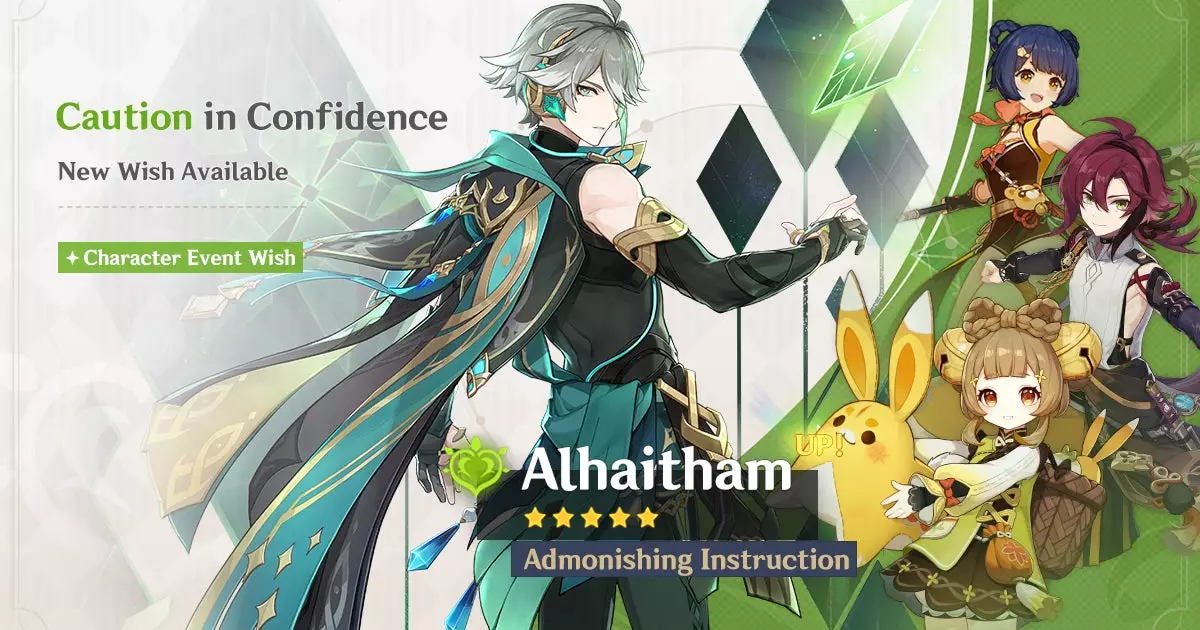In a recent development that has sent shockwaves through the gaming community, HoYoverse, the developer behind the immensely popular game “Genshin Impact,” has agreed to a staggering settlement of $20 million in response to allegations from the U.S. Federal Trade Commission (FTC). This penalty is primarily linked to claims that the company engaged in deceptive practices aimed at children by marketing loot boxes in a manner that obscured true costs and misrepresented the probabilities of winning in-game rewards. Such revelations strike a chord in an industry increasingly scrutinized for its monetization strategies, particularly those that target younger audiences.
The FTC’s complaint draws attention to the intricate system of currencies within Genshin Impact, describing it as “challenging and confusing” for players, particularly minors. Players are compelled to convert real money into various forms of virtual currency before navigating a convoluted process to utilize these currencies for loot boxes. The use of unusual exchange rates perpetuates a misunderstanding of how much players are actually spending, allegedly misguiding consumers about the investment required to attain specific in-game rewards. This imbroglio not only frustrates seasoned gamers but also places the financial stakes of younger players at risk, further exacerbated by the fact that many may not fully grasp these complex transactions.
Protecting Young Players
In a bid to mitigate the harms identified by the FTC, HoYoverse will be subject to restrictions, particularly regarding the sale of loot boxes to children under the age of 16. Parental consent will be a requisite moving forward, marking a significant shift in how the game interacts with its younger player base. Moreover, the company is required to delete any personal data collected from individuals under 13, adhering to the Children’s Online Privacy Protection Rule (COPPA). This move not only underscores the necessity for companies to ensure the safety and privacy of young gamers but also reflects a broader trend of regulatory bodies cracking down on exploitative practices in online gaming.
The implications of this settlement extend beyond just HoYoverse. Samuel Levine, the Director of the FTC’s Bureau of Consumer Protection, highlighted that deceptive tactics that exploit vulnerable players, especially children and teenagers, will not go unchecked. This serves as a clear warning to other gaming companies that similar methodologies could expose them to legal consequences and reputational damage. As gaming continues to evolve into a lucrative space, fostering a safer environment for all players—especially minors—seems paramount.
While the $20 million fine is undoubtedly a significant blow to HoYoverse, it also delivers a crucial message regarding accountability in the gaming sector. The measures implemented in response to the FTC’s ruling not only protect young players from manipulation and financial strain but may also encourage a more transparent approach by other companies in their monetization strategies. As the conversation around ethical gaming practices continues to unfold, this could be a transformative moment not only for Genshin Impact but for the entire gaming industry at large.

